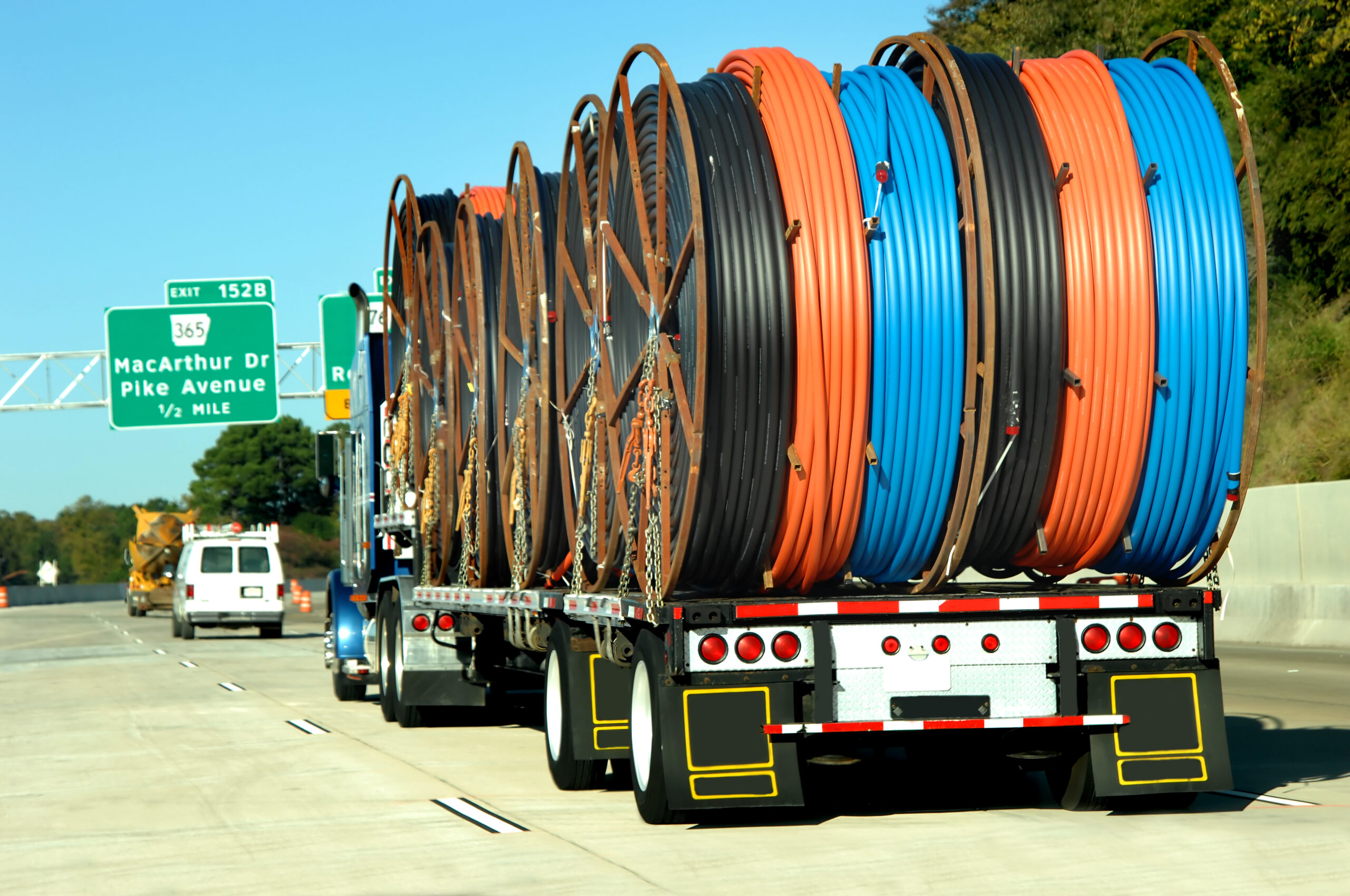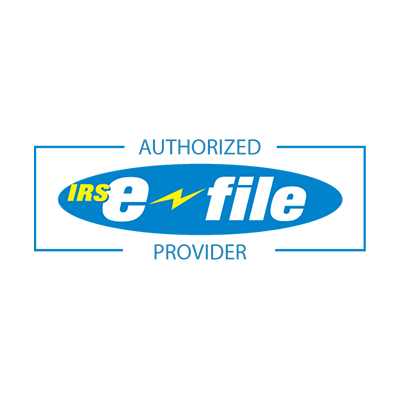The heavy vehicle use tax (HVUT) can be a significant expense for many, but did you know that some vehicles might be exempt? This federal tax, aimed at maintaining the quality of our nation’s public highways, is applied to heavy vehicles over a certain weight to compensate for the wear and tear they cause. However, not every heavy vehicle needs to pay this tax, and that’s where exemptions come in.
Determining whether you qualify for an exemption could result in substantial tax savings. Since there are various vehicle types and unique situations to consider, it’s essential to be well-informed about the possibilities and how they may affect you and your heavy vehicle. This article will guide you through understanding exemptions, and debunking the myth of the 2290 exemption form.
Does a 2290 Exemption Form Exist?
Although many believe that there is a specific “2290 exemption form” that must be completed to apply for an exemption, this is actually a misconception. In reality, if your vehicle is truly exempt (meaning it falls into one of the below categories), you don’t actually have to report anything. However, if your vehicle isn’t actually exempt, failing to report it on Form 2290 will result in extra penalties from the IRS.
Exemptions From the HVUT: Who Qualifies?
Federal, State, and Local Government Transportation
When it comes to government-operated vehicles, HVUT exemptions are granted in recognition of their essential role in serving the community. Besides vehicles operated by federal, state, and local governments, vehicles operated by the District of Columbia and Indian tribal governments also qualify. Mass transportation authorities could also be exempt if they “were created under a statute that gives it certain powers normally exercised by the state.”
Public school buses, mail delivery trucks, and emergency response vehicles are just a few examples of heavy vehicles that qualify for this exemption. Because they are funded by taxes, exempting these vehicles from the HVUT reduces the financial burden on government agencies and taxpayers alike, helping ensure they can continue providing critical services.
Volunteer Fire Departments, Ambulance Associations, and Rescue Squads
Exemptions also extend to vehicles owned and operated by nonprofit volunteer fire departments, ambulance associations, and rescue squads. These organizations, which protect public safety and often rely on volunteers and donations to function, utilize fire trucks, ambulances, and rescue vehicles to carry out their life-saving missions. Notably, the IRS specifically states that the American National Red Cross is exempt from the HVUT, as well.
Being eligible for an HVUT exemption helps support the essential work of these nonprofits by reducing financial pressures and allowing them to invest more into the vital services they provide.
Specialized Non-Highway Motor Vehicles
Some vehicles, specifically designed for purposes other than traveling on public highways or self-propelled vehicles, are also exempt from the HVUT. Heavy vehicles like construction equipment or agricultural machinery on farms all serve their unique purposes without significantly contributing to the wear and tear of public highways. Consequently, they aren’t subject to the same tax requirements as highway vehicles.
It’s important to note that there are no hard and fast rules about which specialized vehicles are and are not exempt. To determine if you are exempt, the IRS recommends you take into account:
- The vehicle’s size
- Whether the vehicle is subject to licensing, safety, or other requirements
- Whether the vehicle can transport a load at a sustained speed of at least 25 miles per hour
Blood Collecting Vehicles
A unique exemption is granted to vehicles specially designed for blood collection, storage, and transportation. Mobile blood donation units, for example, must dedicate at least 80% of their use to blood collection by a qualified organization during the prior tax period. This exemption acknowledges the life-saving work that blood collection organizations do and enables them to continue supplying resources without being burdened by additional taxes.
Understanding the Difference Between Tax-Exempt vs. Tax-Suspended Vehicles
Even if you don’t drive an exempt vehicle, you might still not have to pay the HVUT if your vehicle is suspended. Understanding the difference between tax-exempt and tax-suspended vehicles is crucial. Both categories allow vehicle owners to avoid paying the HVUT, but they apply to different circumstances and must be handled differently.
Tax-exempt vehicles, as we discussed, are used for specific purposes and are exempt because they contribute to the greater public good or have limited use on public highways. On the other hand, tax-suspended vehicles are those that have limited mileage on public highways during the tax period, regardless of their purpose or function. To qualify for tax-suspension status, the vehicle has to travel fewer than 5,000 miles on public highways during the tax period. For agriculture vehicles, the range extends to 7,500 miles during a tax period. The rationale behind this suspension is that vehicles with lower mileage cause less wear and tear on public highways, justifying the suspension of their HVUT obligations.
Filing for Exemptions and Suspensions
Exemptions
If your heavy vehicle falls under one of the exemption categories, you might be tempted to search for a 2290 exemption form; however, according to the IRS, exempted vehicles are “not required to be reported on a Form 2290” as long as they are “used and actually operated” by one of the above categories. This means that as long as your exempted status is properly documented with the DMV, you won’t be required to produce a stamped Schedule 1 to renew your license and registration.
If you aren’t sure if your vehicle is exempt from the HVUT, it’s wise to consult a tax professional. The IRS won’t care that you chose not to pay the HVUT because you assumed you were exempt, and Failure to File and Failure to Pay fees will make your tax obligation much more expensive down the road.
Suspensions
If your heavy vehicle qualifies for a tax suspension due to limited mileage on public highways, you will need to fill out Form 2290. Begin by calculating your vehicle’s mileage for the tax period to ensure it meets the suspension criteria (fewer than 5,000 miles for non-agricultural vehicles and 7,500 miles for agricultural vehicles). After crunching the numbers and ensuring it is eligible, you will need to complete Form 2290, the same form used for regular heavy vehicle tax filing, but indicate your vehicle’s suspended status and provide its mileage for the tax period. This process notifies the IRS that your vehicle falls under the tax-suspended category and is not subject to the HVUT for that tax period.
When your vehicle is suspended, you’ll still receive a stamped Schedule 1 from the IRS which you’ll need to provide to your DMV when you renew your license and registration. At this time, you might also be asked to provide vehicle logs or other documentation proving that the vehicle in question did not travel more than the allowed mileage during the tax year.
With both exempt and suspended vehicles, you may still be subject to other tax requirements at the federal, state, or local level, so be sure to comply with all relevant regulations.
Say Goodbye to HVUT Headaches with i2290
Understanding the intricacies of the Heavy Highway Vehicle Use Tax might seem daunting, but having the right support and tools can make all the difference. With i2290, you’ll enjoy the convenience of e-filing your return from anywhere with internet access, saving time and money, and receiving a stamped Schedule 1 in mere minutes. So why wait? Create an account with i2290 now and let us help make it easy!
Special note: This article is for general purposes, and is not intended to provide, and should not be relied on for tax, legal, investment, or accounting advice. The best way to ensure you’re paying appropriate taxes is by following IRS regulations and consulting with a tax professional.


